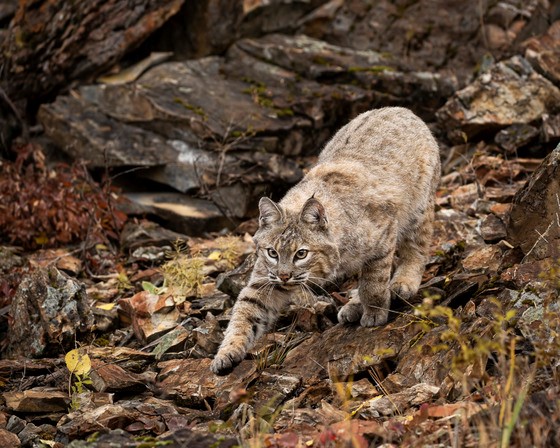| FOR IMMEDIATE RELEASE: Oct. 15, 2024
2024 Trapping Seasons Opening Around Wisconsin
The first trapping seasons of the fall open on Oct. 19, 2024. Additional seasons for other species and zones will continue to open throughout the fall.
MADISON, Wis. – The Wisconsin Department of Natural Resources (DNR) reminds trappers to prepare for the opening of many furbearer trapping seasons across the state. Wisconsin is home to many furbearer species, and the state’s highly regulated trapping seasons play an important role in the DNR’s efforts to sustainably manage those populations.
The first trapping seasons of the fall open on Oct. 19, 2024. Additional seasons for other species and zones will continue to open throughout the fall. Trappers are encouraged to double-check season dates, trapping regulations and ensure they have all required licenses before heading out.
During these periods, other outdoor recreators should be aware that traps may be present on public lands. To minimize the chance of encountering a trap, recreators should stay on designated trails and keep pets leashed.
Modern trapping practices are based on thorough evaluations of commercially available traps and common trapping methods, commonly known as Best Management Practices. These evaluations include comprehensive animal welfare, selectivity, practicality and safety metrics.
All first-time trappers must complete an approved trapper education course unless trapping under the youth supervised option, mentored trapping program or other exemptions. These courses, taught by experienced trappers, cover basic trapping skills, regulations, safety and trapper ethics.
For those just starting out, the DNR offers programs for beginners, such as the Women’s Trap Camp and the Youth Trap Camp, enabling new trappers to learn in a safe and supportive atmosphere.
As a reminder, trapping seasons in a particular zone may close before the listed closing date if the harvest quota for a specific species is reached.
Trappers can visit the DNR’s Trapping webpage for zone status updates and more information about trapping in Wisconsin. |
